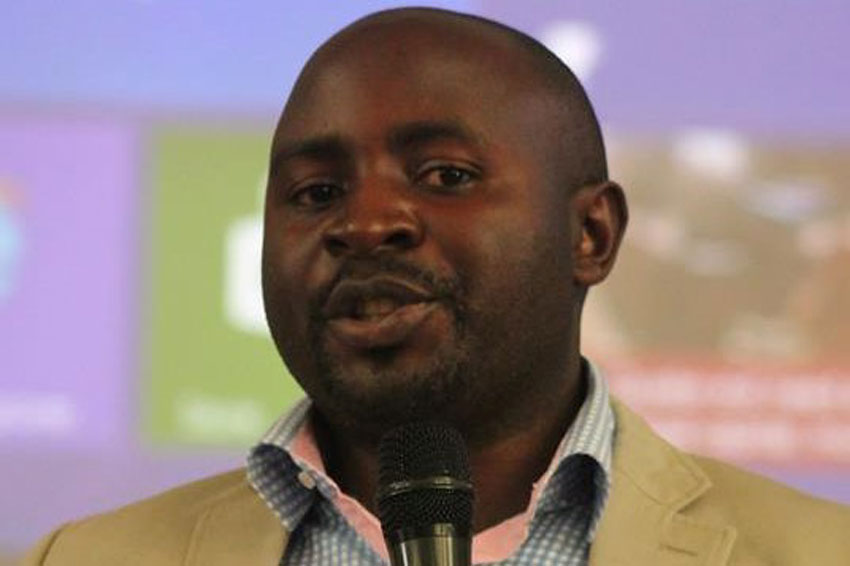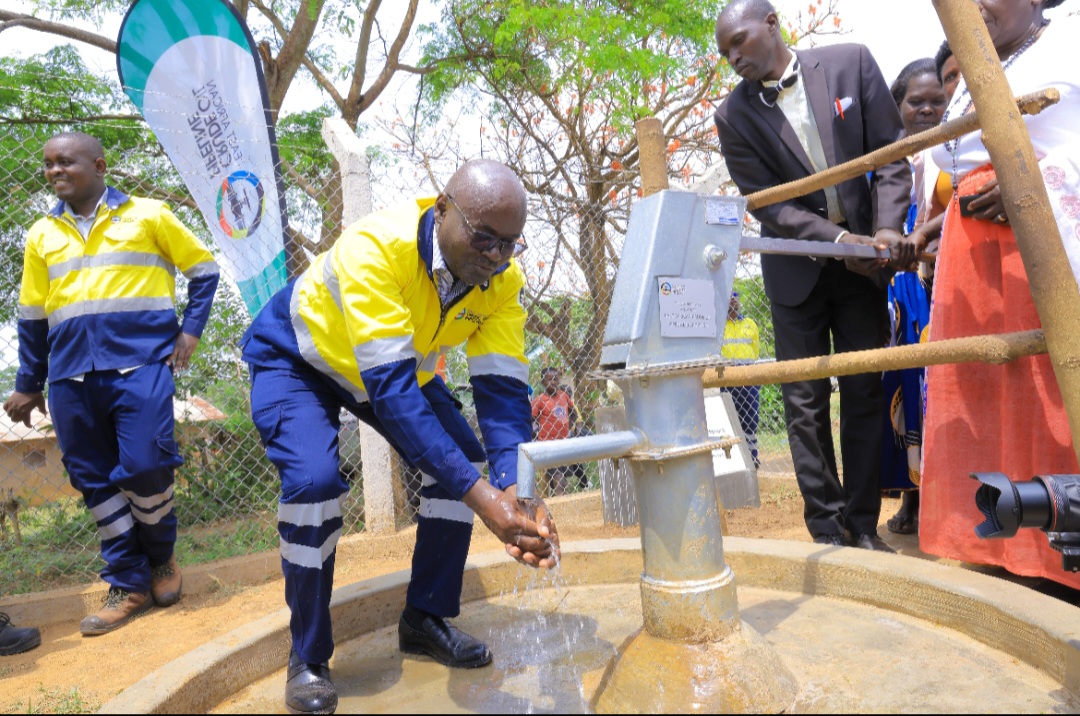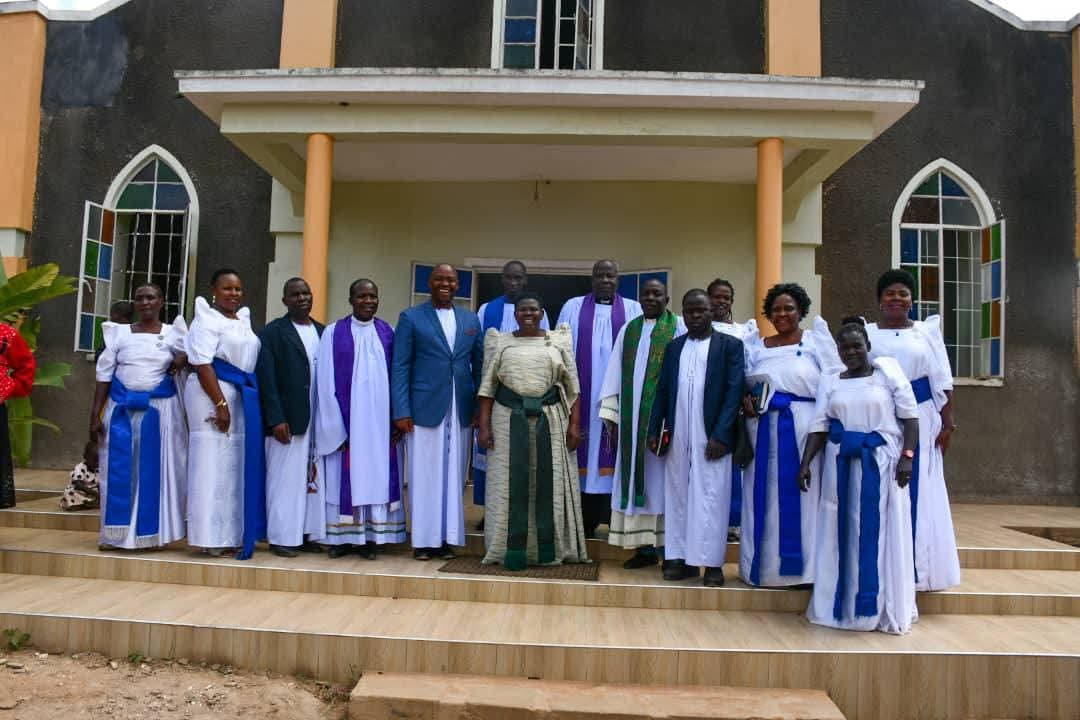We are living in a world where digital maps have become so essential. A tap on the app on your smartphone, like Google Maps, would tell you the route to use from one place to another, showing you the amount of time required per transport mode. When it comes to road transport by car, you will even see in real time whether there is traffic jam or not.
These apps are not without challenges. Sometimes they can take you through a back route or recommend roads that long closed depending on how the mapping was done. Nevertheless, these apps are really handy.
However, even when the app or even people direct you to wherever you are going, if it is a government of Uganda facility such as a local government office, there is usually one significant indicator that you have arrived.
And it is the number of vehicles and equipment rotting in the compound. Some of these vehicles and road construction equipment look new or still in fairly good conditions where they may have needed some minor repairs.
It talks a lot about wastage. If we can’t repair or maintain vehicles and equipment, maybe they should be sold off before they are declared scrap so government can get some money back. Or if the project for which some of the equipment is intended isn’t ready to be implemented, there is no need to procure the equipment in the first place.
And it isn’t just vehicles and road construction equipment only that these are the ones that welcome you to a government facility. If you enter the building, depending on what they do, there will be equipment being neglected. If it is a hospital, it could be some laboratory or theatre equipment. A computer that has been abandoned. Chairs that are repairable but being piled in a corner somewhere and providing 5-star residence to rodents.
Then meetings don’t start on time or rescheduled without informing those who are supposed to participate. One drives hundreds of kilometres only to be informed on arrival that the meeting won’t be taking place some times for flimsy reasons such as taking children back to school. Time and money wasted, which means that something that was supposed to be done will have to wait. Some times the waiting takes years. If you have a non-political case in court, you know what I mean.
This modus operandi of some of government officials is going to face its limits. We have learned that the United States that funds a lot of government activities or those of NGOs that compliment government efforts has announced a review of its foreign aid for at least 90 days. It is not clear what will happen after or within 90 days but life may not be the same again especially for ordinary folks without the resources for example to buy lifesaving drugs. Three months is a long time when you need a pill a day to survive. It is not clear that Europe won’t do the same.
It is not only people who depend on the services offered through aid such as antiretroviral drugs that will suffer. Businesses will close. Hotels that survive on NGO workshops, Nasser Road printers that rely on NGO work, transporters taking staff to the field, consultants and researchers and lots more will face it rough. The value chain of foreign aid in Africa is significant and affects almost everyone without access to the public till.
African economies will have to stop behaving like a rich man’s child who eats an eighth of an apple before throwing it away to eat a kiwi. They will have to understand that if they throw away the apple after a single bite, there will be no other fruit to eat. In fact there will be nothing else to eat.
It is time African governments realized, like a child who was throwing away the apple for a kiwi, that their father was simply a beneficiary of some benevolent man and that man has decided to cut off the flow of funds. Going to school is no longer possible by chauffeured SUVs. It is time to join the rest of the kids to walk to school or beg to occupy the kameeme — space behind the driver in the vans that work as commuter taxis in Uganda.
Many people can’t afford that adjustment but there is no choice. It is time we stopped the wastage, nipped corruption in the bud, developed and implemented policies that enable the private sector to thrive and wean ourself off foreign aid.
The writer is a communication and visibility consultant. djjuuko@gmail.com
Do you have a story in your community or an opinion to share with us: Email us at Submit an Article









